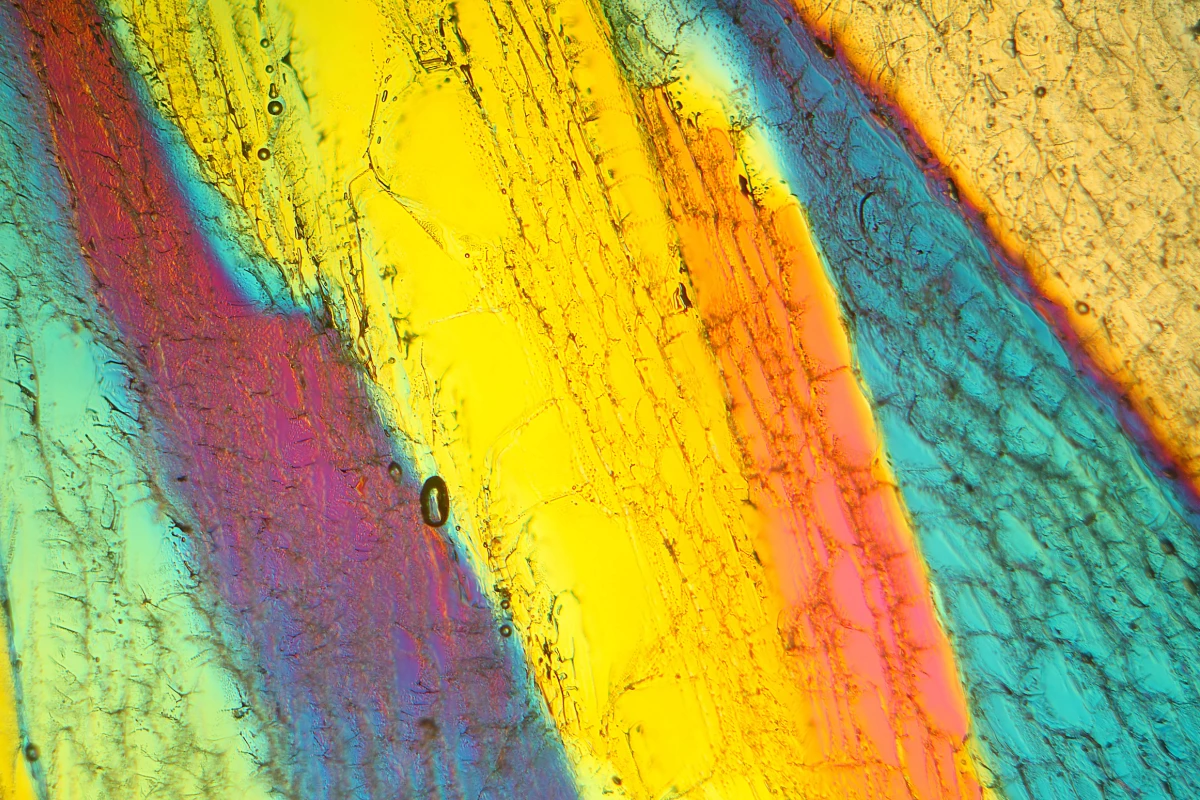Science
Scientists Unveil New Ice Type XXI, Transforming Water Understanding

Researchers have identified a new type of ice, designated as ice XXI, marking a significant advancement in our understanding of water’s complex behavior. This discovery, made by scientists at the Korea Research Institute of Standards and Science (KRISS), reveals that water can form a previously unobserved crystalline structure under specific conditions at room temperature.
Unlike the more familiar types of ice, which are often formed under either low temperatures or high pressures, ice XXI has a unique atomic arrangement. It first emerged during experiments that involved super-compressed water subjected to pressures around 1.6 gigapascals. This new ice type exhibits a body-centered tetragonal crystal structure, distinguishing it from over 20 other known ice forms.
Innovative Experimental Techniques Reveal New Phase
The breakthrough was achieved using a combination of diamond anvil cells and advanced X-ray lasers. By compressing ultra-pure water in a hair-thin metal chamber, researchers were able to monitor the freezing process in real time. They utilized high-speed cameras and laser-based sensors to observe the water as it underwent multiple freeze-melt cycles, revealing that it does not freeze in a single step, as previously thought.
Geun Woo Lee, a scientist at KRISS, explained, “Rapid compression of water allows it to remain liquid up to higher pressures, where it should have already crystallized to ice VI.” This finding is crucial as it provides insights into how ice forms in extreme environments, such as on icy moons or deep within Earth.
The team captured the transformation of water into ice XXI using powerful X-ray beams at a synchrotron facility. They fine-tuned the pressure rhythm to better align with the freezing process, using two types of detectors that operated at varying speeds. This allowed them to uncover the intricate changes in structure, pressure, and volume during the transformation.
Implications for Future Research
The discovery of ice XXI opens up new avenues for research into the behaviors of water under pressure. It challenges existing theories regarding the crystallization pathways of water, suggesting at least five distinct routes for ice formation, even at room temperature. Rachel Husband, another team member, noted that “findings suggest that a greater number of high-temperature metastable ice phases and their associated transition pathways may exist.”
This research not only enhances our understanding of water but also has significant implications for astrobiology, particularly in understanding the conditions that may support life on other planets. The study has been published in the journal Nature Materials, further solidifying its contributions to the field.
The innovative techniques employed in this research highlight the potential for future studies to explore the properties of water and ice in new and exciting ways. As scientists continue to unravel the complexities of water, discoveries like ice XXI may offer crucial insights into the environmental conditions of both our planet and distant celestial bodies.
-

 Science2 weeks ago
Science2 weeks agoIROS 2025 to Showcase Cutting-Edge Robotics Innovations in China
-

 Politics2 weeks ago
Politics2 weeks agoJudge Considers Dismissal of Chelsea Housing Case Citing AI Flaws
-

 World2 weeks ago
World2 weeks agoBravo Company Veterans Honored with Bronze Medals After 56 Years
-

 Top Stories2 weeks ago
Top Stories2 weeks agoIndonesia Suspends 27,000 Bank Accounts in Online Gambling Crackdown
-

 Lifestyle2 weeks ago
Lifestyle2 weeks agoStone Island’s Logo Worn by Extremists Sparks Brand Dilemma
-

 Health2 weeks ago
Health2 weeks agoStartup Liberate Bio Secures $31 Million for Next-Gen Therapies
-

 Sports2 weeks ago
Sports2 weeks agoMel Kiper Jr. Reveals Top 25 Prospects for 2026 NFL Draft
-

 World2 weeks ago
World2 weeks agoHoneywell Predicts Record Demand for Business Jets Over Next Decade
-

 Health2 weeks ago
Health2 weeks agoTop Hyaluronic Acid Serums for Radiant Skin in 2025
-

 Politics2 weeks ago
Politics2 weeks agoNew Jersey Voters Urged to Register Ahead of November Election
-

 Sports2 weeks ago
Sports2 weeks agoYamamoto’s Mastery Leads Dodgers to 5-1 Victory in NLCS Game 2
-

 Lifestyle2 weeks ago
Lifestyle2 weeks agoMary Morgan Jackson Crowned Little Miss National Peanut Festival 2025







